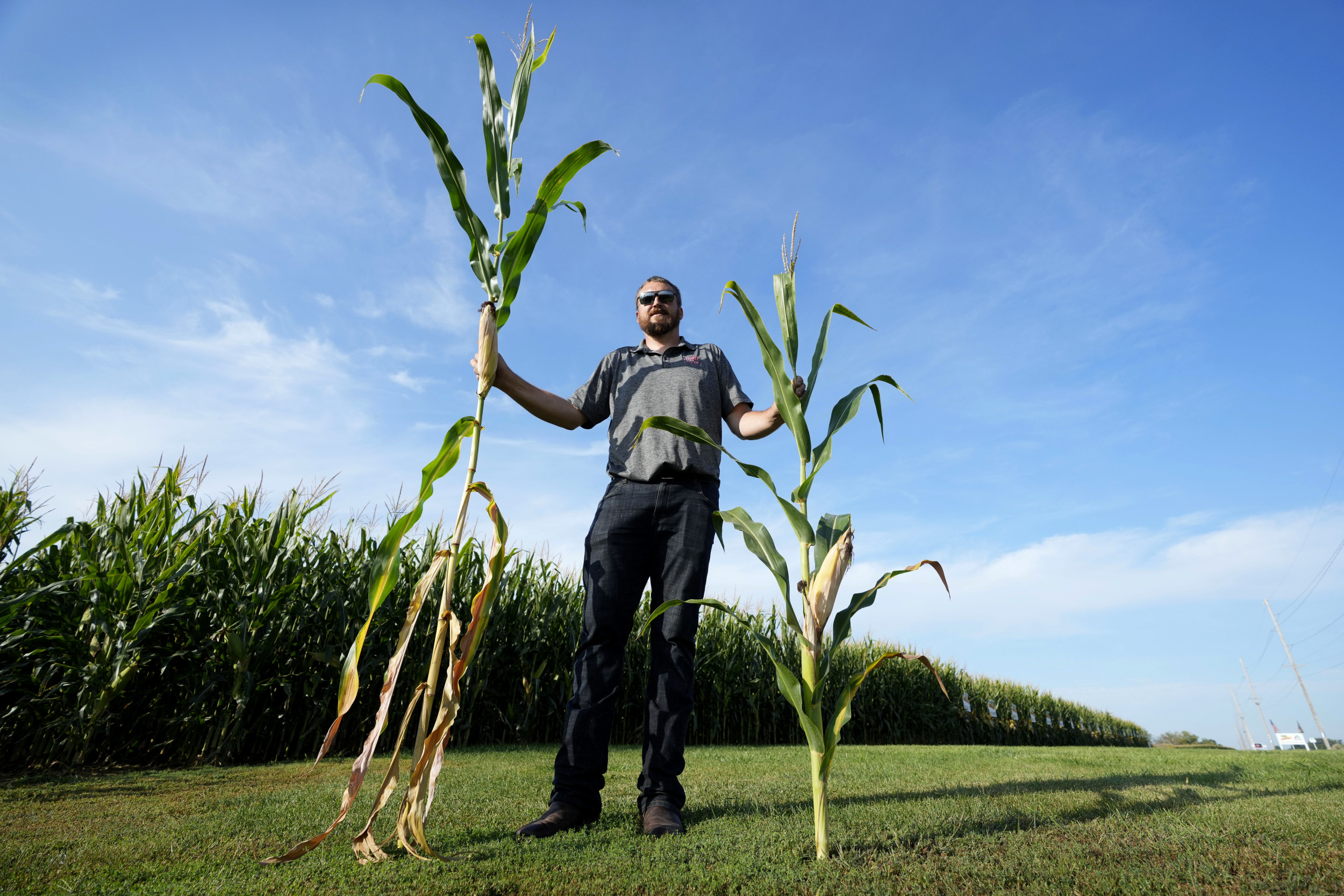🎙️ Voice is AI-generated. Inconsistencies may occur.
Mark Zuckerberg and current and former directors and officers of Meta Platforms reached a surprise settlement Thursday in a lawsuit seeking $8 billion in damages tied to Facebook's repeated privacy violations.
The deal was disclosed in court just as the second day of trial was set to begin, and just days before Zuckerberg himself was expected to testify.

Why It Matters
The lawsuit accused Meta leaders—including Zuckerberg, venture capitalist Marc Andreessen, and former COO Sheryl Sandberg—of failing to prevent years of violations of Facebook users' privacy. Shareholders argued that company leaders allowed these breaches to continue unchecked, ultimately costing Meta billions in fines and legal settlements.
Facebook Privacy Case: What to Know
Plaintiffs alleged Meta leaders "completely failed to oversee the company's compliance with the 2012 FTC agreement" and claimed that Zuckerberg and Sandberg "knowingly ran Facebook as an illegal data harvesting operation."
On Wednesday, an expert witness for the plaintiffs testified about "gaps and weaknesses" in Facebook's privacy policies but declined to say whether the company had violated the FTC agreement. Also that day, former Meta board member Jeffrey Zients testified that the company did not agree to the FTC fine to protect Zuckerberg from personal liability, as plaintiffs have claimed.
The trial followed revelations that millions of Facebook users' data was accessed by the now-defunct political consulting firm Cambridge Analytica, which had worked for President Donald Trump's 2016 presidential campaign. The scandal led to a record $5 billion fine levied by the Federal Trade Commission in 2019 after it found Facebook violated the earlier 2012 consent decree.
The shareholders wanted the 11 defendants to use their personal wealth to reimburse the company. The defendants denied the accusations, calling them "extreme claims."
The company, which rebranded as Meta in 2021, was not named as a defendant in the suit. Defense attorneys did not speak in court Thursday, and neither Meta nor the defense team responded to requests for comment.
Judge Kathaleen McCormick of the Delaware Court of Chancery adjourned the trial and congratulated both sides.
When was Mark Zuckerberg Expected to take the stand?
The trial, scheduled to last through next week, would have featured testimony from Zuckerberg on Monday and Sandberg on Wednesday, as well as former board members Peter Thiel, Reed Hastings, and Palantir co-founder Alex Karp. Andreessen had been set to take the stand on Thursday.
Critics argue that without testimony from top executives like Zuckerberg, the public will miss a rare opportunity to hold Silicon Valley leadership accountable. A similar case in 2017, which would have compelled Zuckerberg to testify over a plan to extend his control of Facebook through a new stock class, was also settled before he could take the stand.
Will Facebook Users Be Impacted?
While the settlement concludes the shareholder lawsuit, it is unlikely to have a direct, immediate impact on Facebook users. The case was not a class-action suit filed on behalf of users, but rather a derivative action brought by investors seeking compensation for the financial damage allegedly caused by executive mismanagement.
However, the underlying issues—Facebook's handling of personal data and its compliance with regulatory oversight—remain relevant to users, especially in light of ongoing concerns around digital privacy. Meta has said on its website that it has invested billions into improving user privacy since 2019.
When was Facebook Founded?
Facebook was founded on February 4, 2004, by Mark Zuckerberg and his Harvard classmates Eduardo Saverin, Andrew McCollum, Dustin Moskovitz, and Chris Hughes. Initially launched as a social networking site for Harvard students, the platform quickly expanded to other universities and eventually to the general public. Over the years, it evolved into one of the most influential tech companies in the world, reshaping how billions of people communicate and share information.
In 2021, Facebook was rebranded as Meta Platforms Inc., reflecting the company's shift toward building the "metaverse" and diversifying beyond its original social media roots.
What People Are Saying
Jason Kint, head of the trade group Digital Content Next, told Reuters, "This settlement may bring relief to the parties involved, but it's a missed opportunity for public accountability. Facebook has successfully remade the 'Cambridge Analytica' scandal about a few bad actors rather than an unraveling of its entire business model of surveillance capitalism and the reciprocal, unbridled sharing of personal data. That reckoning is now left unresolved."
Plaintiffs' lawyer Sam Closic told Reuters," The agreement just came together quickly."
What Happens Next
The terms of the settlement were not disclosed, and it remains unclear whether it includes any admission of wrongdoing or financial commitments from the individual defendants.
Update: 7/17/25, 12:10 p.m. ET: This article was updated with new information and remarks.
Update: 7/17/25, 12:44 p.m. ET: This article was updated with new information.
fairness meter
About the writer
Gabe Whisnant is a Breaking News Editor at Newsweek based in North Carolina. Prior to joining Newsweek in 2023, he ... Read more



